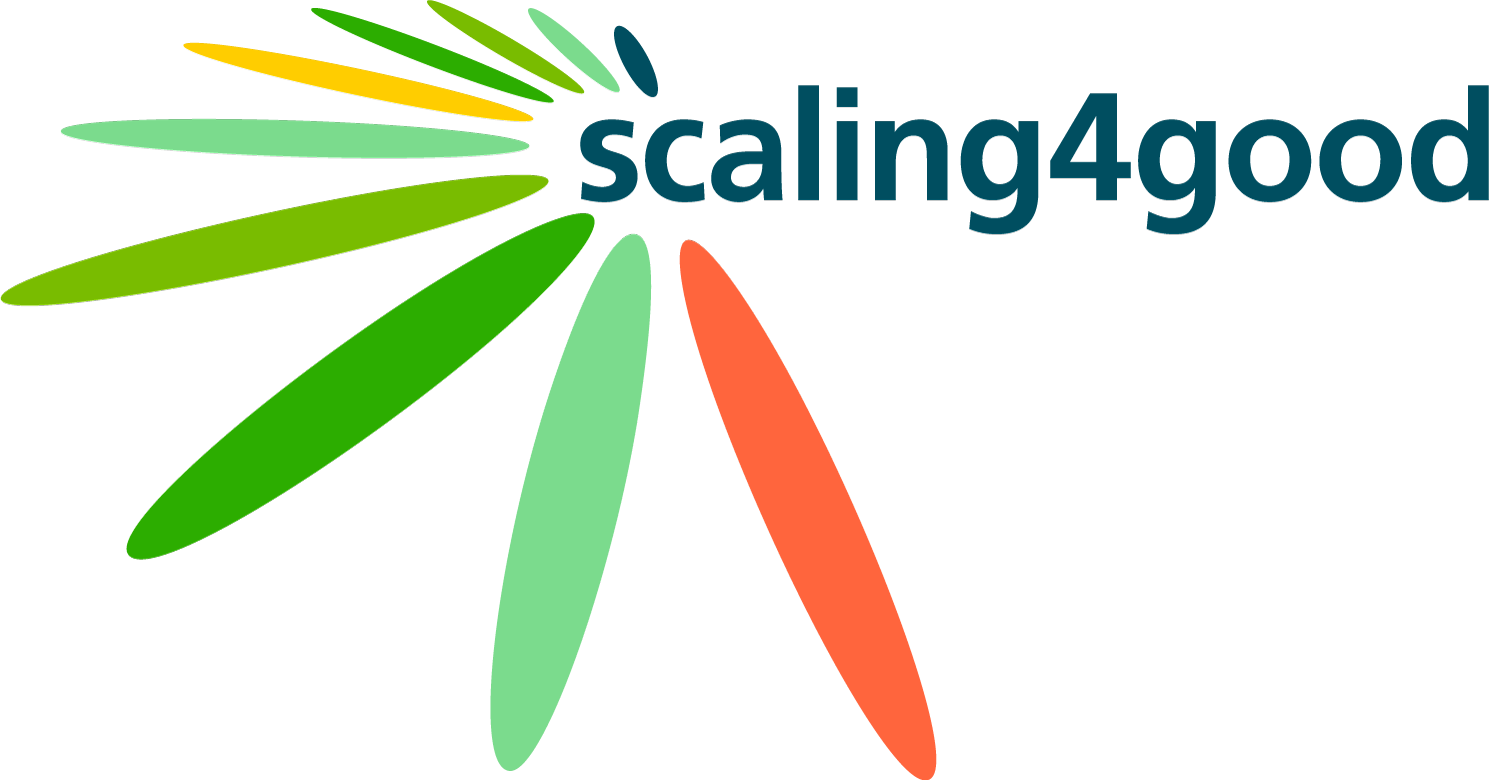Co-creating urban nature: a collective impact initiative on biodiversity in Swiss settlement areas
Bringing actors into action for biodiversity as a new norm
The Challenge
The extinction of species is progressing faster than ecosystems can adapt. The loss of biodiversity is alarming and reaching an irreversible damage. A sixth mass extinction in Earth’s history is under way and is more severe than previously feared, according to research. Our health, food and security depend on biodiversity. All our economic activity ultimately depends on nature. In Switzerland one third of all species is threatened and almost half of the habitats are at risk. Sealing of areas through settlement and construction are highly responsible for this situation – a practice which continues.
The good news
Several research studies showed that with very little effort biodiversity in settlement areas can be increased and settlements therefore can play an important role in bringing back biodiversity overall.
Vision & Objectives
The objective of the project is to improve biodiversity and life quality in Swiss settlements by increasing the amount, quality and connection of natural areas. Investing and planning for more biodiversity will be the the new norm.
Approach
To reach our goal we bring stakeholders into action. With our approach we will establish a new way of collaboration among different actors along the context of planning, construction and maintanance of buildings. We will engage all actors, which are important for the system change we aim at.
Picture: DI GIULIO 2016
Investors, general planners, building and landscape architects, facility managers, municipalities, gardeners, owners, tenants and even more actors are at one point or the other decision makers for or against biodiversity.
Through a co-creation process easy and scalable instruments for collaboration and action will be made available as well as an easy to use decision support toolkit on the different planning levels. This project is fully in line with the Swiss Action Plan for Biodiversity and strongly contributes to the national target setting.
Role of scaling4good
scaling4good contributes it’s expertise and experience on how to scale good approaches and ultimately accelerate a system change. We know, that knowledge only leads to debate. And we also know, that it is the insight which leads to action. Through this project, we offer all actors experiences which will result in new insights. Over time and within this group of collaborators a new mindset can develop, which will eventually lead to a change of behaviour and as critical mass is being reached, we hope we can reach the tipping point toa system change: acceptance of a new societal norm.
We will use and empower to use a broad variety of underlying methods and principles for successful collective impact generation.

Picture: edited after KENIA and KRAMER 2016
Project Outcome
- In four pilots we will develop and experiment the new approach of collaboration.
- Within the selected pilots we will verifiable increase the amount and quality of nature near areas for biodiversity. In the mid- and long-term this will as well lead to increased living (space) quality, better air quality and overall better resilience for climate change.
- Science based and actor oriented materials for action will be developed and tested.
- We will develop a basis and concept for a Swiss scaling.
Project Partner
Katrin Hauser, scaling4good
Dr. Manuela Di Giulio, Natur Wissen Umwelt GmbH
Dr. Danièle Martinoli, Forum Biodiversity
Project Status
- Initiated in August 2018
- Supported already by several governmental institutions and municipalities, housing associations, scientific institutions and private companies.
- Start with pilots summer 2019
- Next steps: accomplishing team set up, project partnering and confirmation of pilots

Collaboration & Support
Are you interested to collaborate as a project partner? Do you know about similar initiatives which you would like to connect with us? Do you know urban planners, investors, general planners or facility managers who are interested in biodiversity? Or would you like to support the project financially?
Please get in touch with katrin.hauser@scaling4good.com

